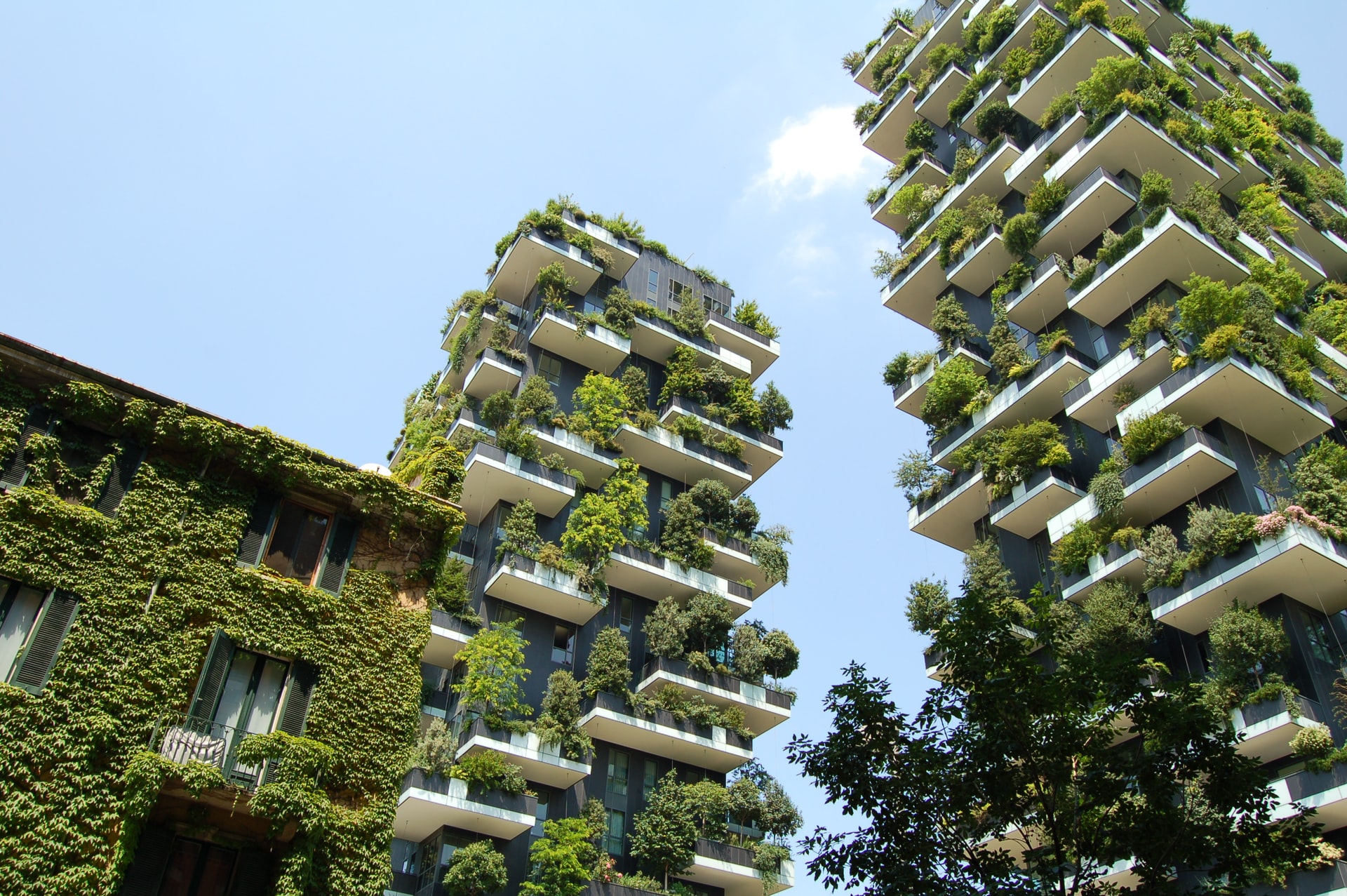Should schools teach children about ‘ the future of humanity’ and ‘ end times’, and, if so, what kind of approach should they follow? These are two questions in one. The first question is an existential and moral one. Should ‘we’ care about the future in general and the future of humanity – and, indeed of non-human animals and other species, and eco-systems – for not just our own well-being but also for intrinsic and non-utilitarian motives? When the answer is ‘no; each species needs to figure out on its own how to survive and thrive, and each generation needs to take care of its own challenges’, then education will likely not engage children in such a profound question. In that case the ‘How?’ question is irrelevant. Of course, in that case we must still reflect on the values and moral compass that guide our current education. When we do so we will likely conclude that at the moment there is an overarching value of children becoming resilient, competitive, employable, lifelong learners who are able to generate an income that they can be spend on consumer goods in order to foster continuous growth of the current economy, without really considering issues of (intergenerational, interspecies, social) equity and the cost of overstepping ecological boundaries and associated runaway climate change and mass extinction. This is what I call the hidden curriculum of unsustainability.
We can – as many critical educators and sustainability educators do – point out that education has been hijacked by (short-term) corporate interests and a ‘neo-liberal’ agenda that is not concerned with developing an ethic of care, solidarity, sharing, mindfulness and sensitivity towards the other, the far away and the unknown. But … it is always easier to critique than it is to transform. So now, let us say that it is critical that education engages young people in these existential questions and sustainability challenges; what are appropriate ways for education to help realize this? First, I think it is important to establish a pedagogy that is critical, emancipatory and relational.
As far as the critical element is concerned, young people need to be given the space to ask bold and disruptive questions about why things are the way they are, to learn how things can be changed but also what keeps them from changing. This has to do with both matters of agency – confidence, ability, power, to make change – and structure: challenging and, indeed, disrupting, the systems, mechanisms and routines that normalize and justify things like, exploitation, extraction, animal abuse, over-consumption and a throw-away, ‘highly efficient’ economy. The critical aspect would also require the emphasis is placed on understanding media (ab)use, manipulation of information, the intentional cultivation of doubt, and the spreading of viral non-sense. Climate science, climate fear, climate facts and myths, are all wonderful topics for education to dive into a little deeper.
The emancipatory element would suggest that young people have a voice in identifying matters of concern and identifying ways to address them but also that there is an element of autonomy and self-determination. Sustainability is not a fixed state that we might achieve one day, rather it is an on-going process with highly contextual outcomes even though there is a universal ethic of care underneath.
The relational element refers to creating opportunities to connect; connect to the local environment and the way it relates to the wider world, connect to other species and non-living matter in a deeper and more caring way, and to connect to other humans, also those not in sight, those thinking differently, having different socio-economic, cultural, etc. backgrounds. The latter is quite challenging in times of polarization and continuous distraction by digital technologies that try to grab our eyeball attention. Rather than taking subjects as a starting point for learning, and rather than focusing on chasing the Pisa-rankings, education policy, might better focus on opening possibilities for a more localized, existentially relevant curriculum that allows for young people to discover the world in all its complexities and relations, and to find their own place and identity in the world.
Activism and learning to make change, can be educative but only when accompanied by critical reflection and a willingness to change direction in light of new insights and perspectives. When education only focusses on understanding, awareness and becoming critical, without creating possibilities to act, it can easily become doom-and-gloom education or education that prepares for the ‘end of the world’ which likely will cultivate hopelessness, apathy and even depression.
Lastly, schools need to think about their own connection to these deeper questions, in terms of democracy in and around the school, in terms of energy, water, food, green spaces, mobility, equitable sharing, in the sense of what they actually do themselves in all these areas. When there is a disconnect between what a school does and what it tries to teach in these areas, there is a hidden curriculum of unsustainability at work that can do more harm than good. Across the globe – indeed in small niches – there are schools working in the vein I describe here under different labels. But the call for a transition in education, also triggered by youth activism, seems to be growing.


